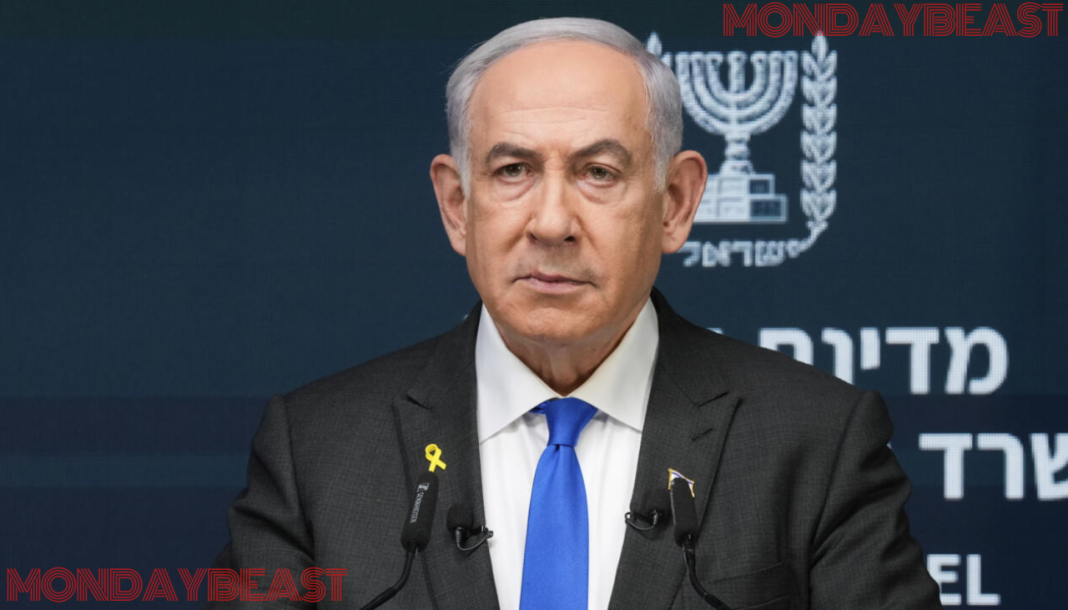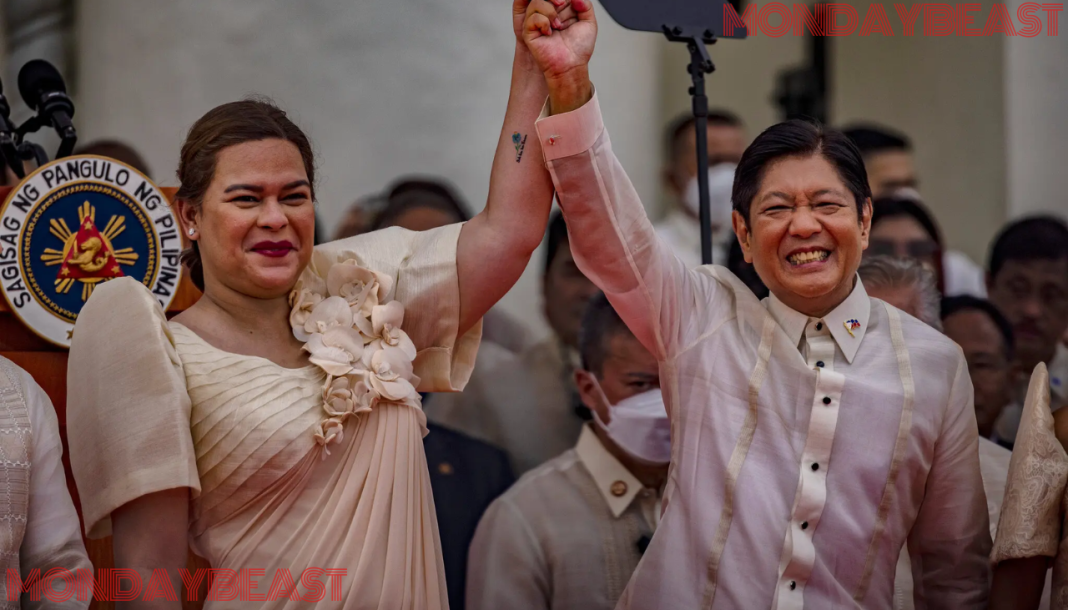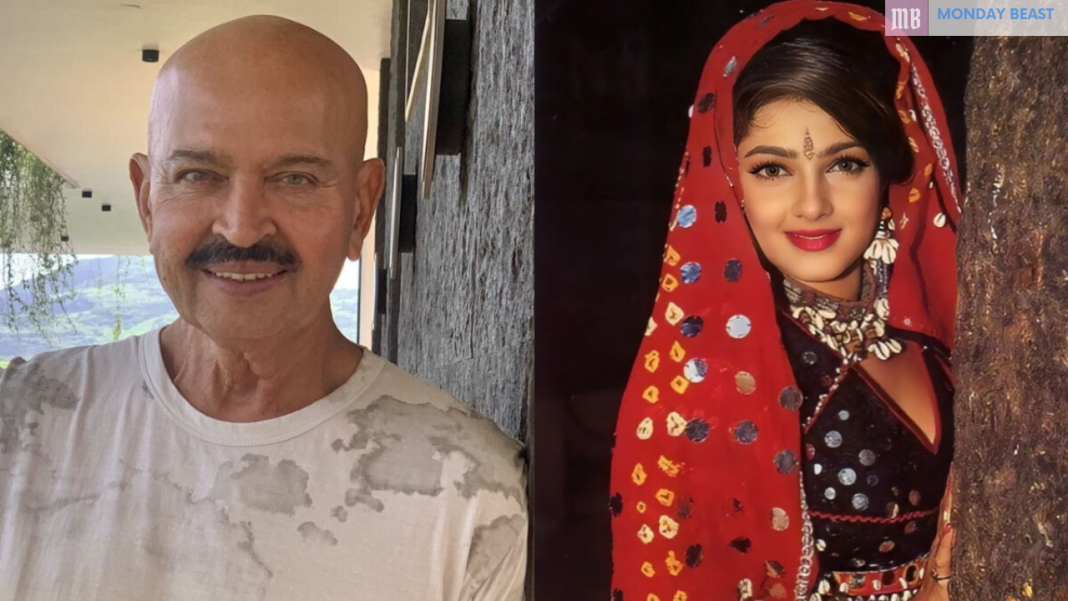In an alarming move that has sent shockwaves through the media landscape, Israeli Prime Minister Benjamin Netanyahu has cut ties with the Haaretz newspaper. This decision came after weeks of intense criticism from the publication regarding his handling of the ongoing conflict with Hamas. Such actions raise a critical question: What does this mean for press freedom in Israel?
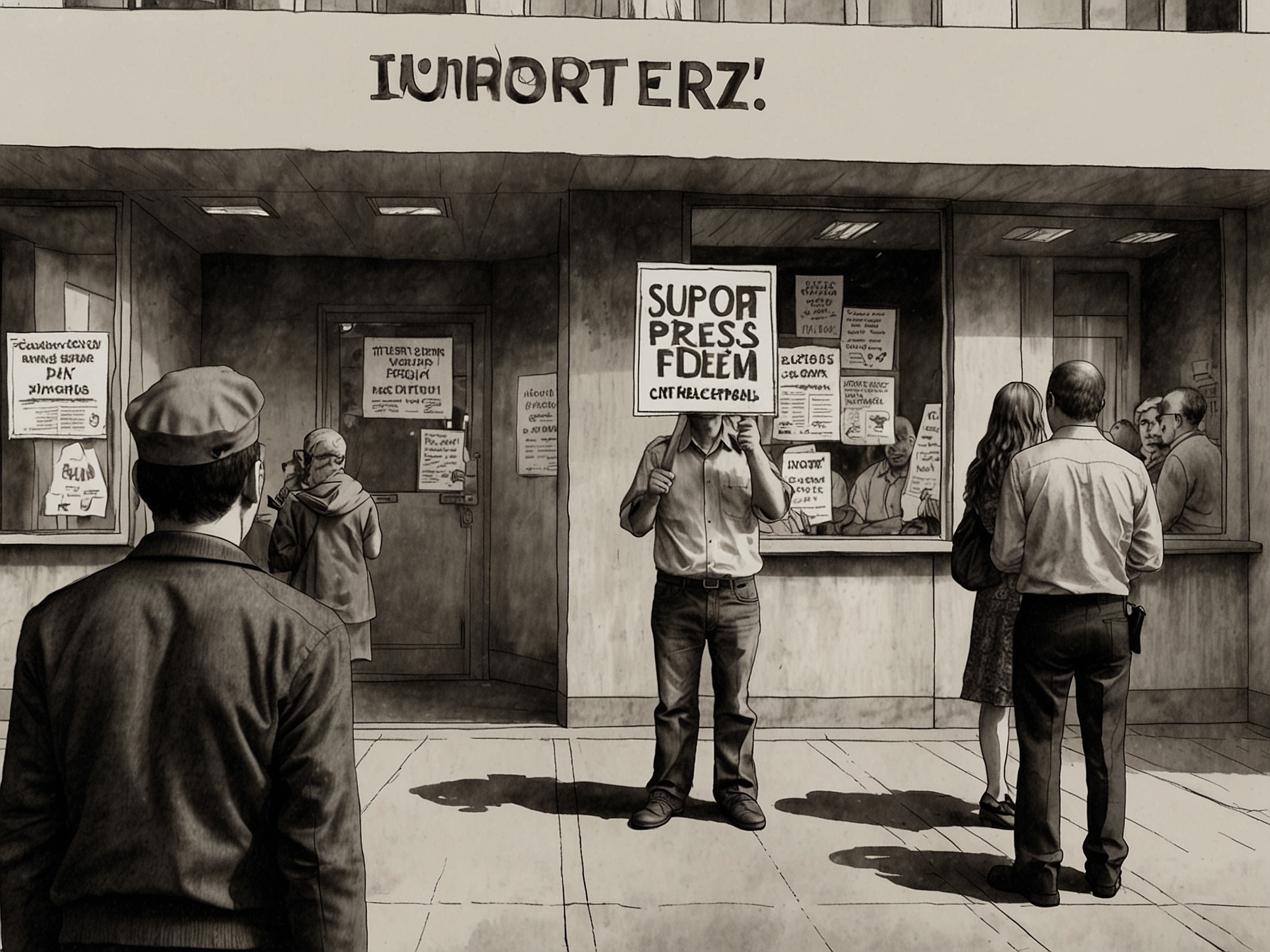
Haaretz, established in 1919, is Israel’s oldest daily newspaper. It has long been a voice for diverse perspectives within the Israeli media. In recent months, the paper has faced backlash for its coverage of the brutal conflict in Gaza. With a stark focus on human rights and humanitarian impacts, Haaretz even launched a counter on its website to track hostages’ status since the conflict escalated on October 7, 2023.
The government responded as tensions grew. In a recent statement, officials claimed that the paper’s articles were undermining Israel’s legitimacy and right to self-defense. Yet, isn’t questioning government actions a pillar of any democracy? Netanyahu’s response seems to echo a discomfort with dissent.
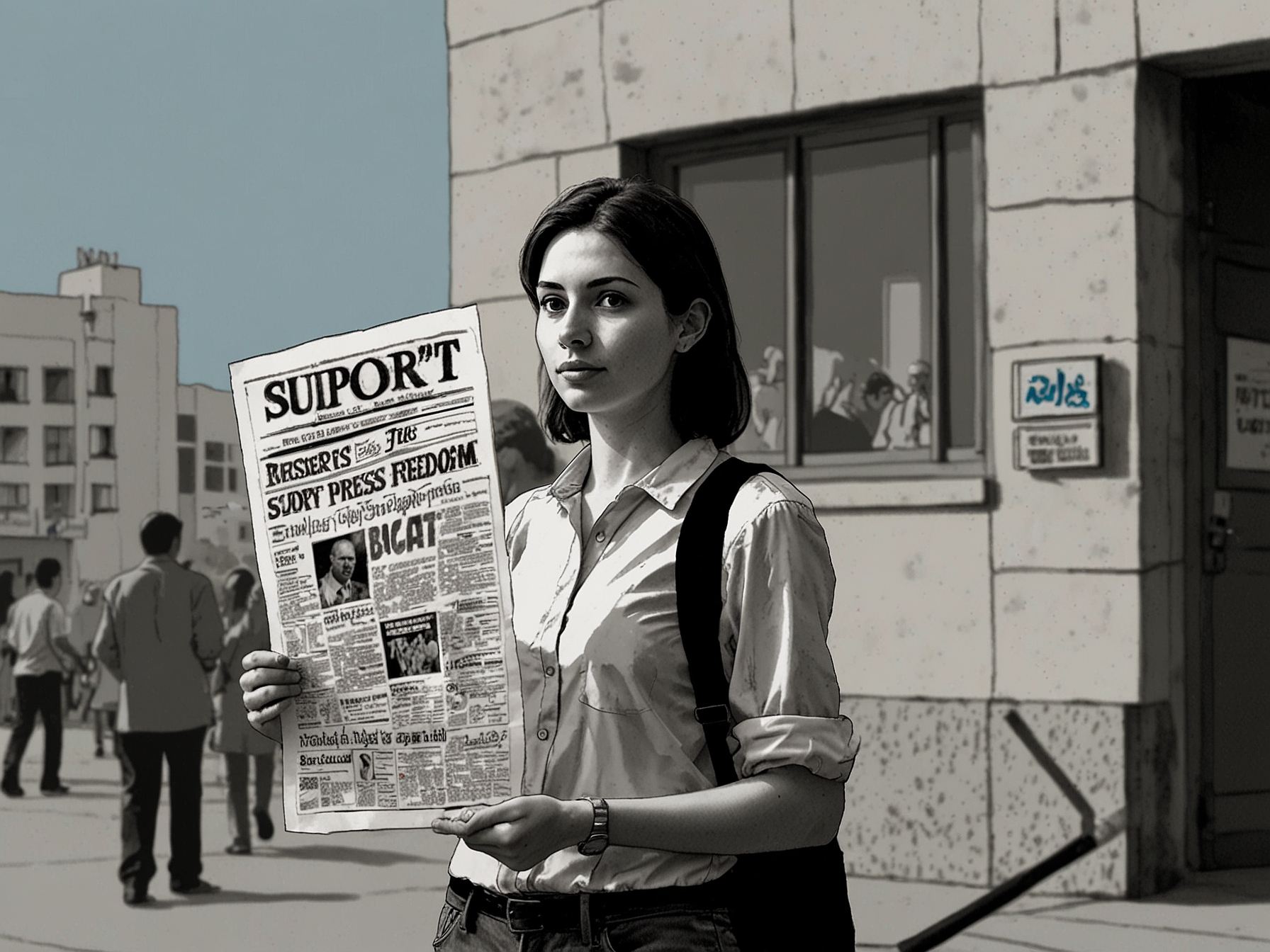
Key figures of the Israeli establishment suggested that the comments made by Amos Schocken, Haaretz’s editor, during a London event, crossed a line. Schocken described the situation as Israel fighting “for freedom against occupying forces.” Critics claimed this statement veered into supportive rhetoric for terrorism.
If we think about Schocken’s words, it raises an important debate. Can one express sympathy towards the plight of the Palestinian people without legitimizing extremist actions? Such nuances highlight the challenges facing international discourse in the Middle East.
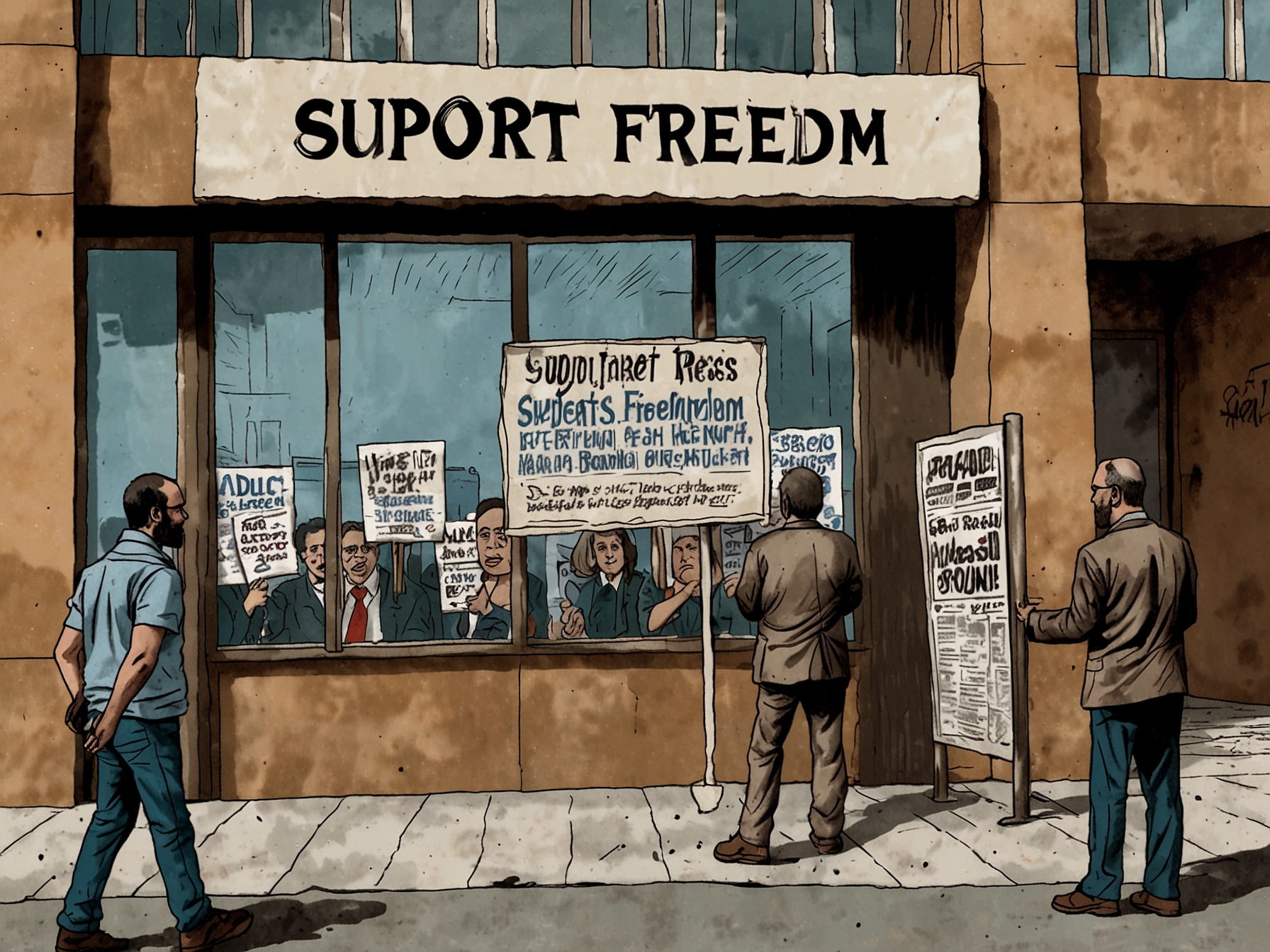
After the fallout, Haaretz published an editorial boldly accusing Netanyahu of a calculated attempt to silence dissenting media. The editorial pointed fingers at global leaders with similar tactics. They likened Netanyahu to authoritarian figures like Vladimir Putin and Recep Erdoğan. This comparison paints a troubling picture of where Israeli democracy might be headed.
But is this truly a path toward repression, or simply a government responding to perceived threats against national unity? Questions abound as the Haaretz newspaper moves to rally support from its readers. They launched a campaign urging new subscriptions under the rallying cry, “Netanyahu wants to take us down. Read Haaretz now.”
The implications for the Israeli public are profound. With Netanyahu’s crackdown on a critical voice, where can citizens seek an unfiltered narrative about ongoing events? As the dialogue around press freedom intensifies, will the people of Israel fight back for their right to diverse perspectives?
It’s crucial for citizens to engage with media and understand the value of independent journalism. The stakes couldn’t be higher. As we witness this unfolding drama, one is left to ponder: What future awaits the vibrant tapestry of Israeli democracy?

